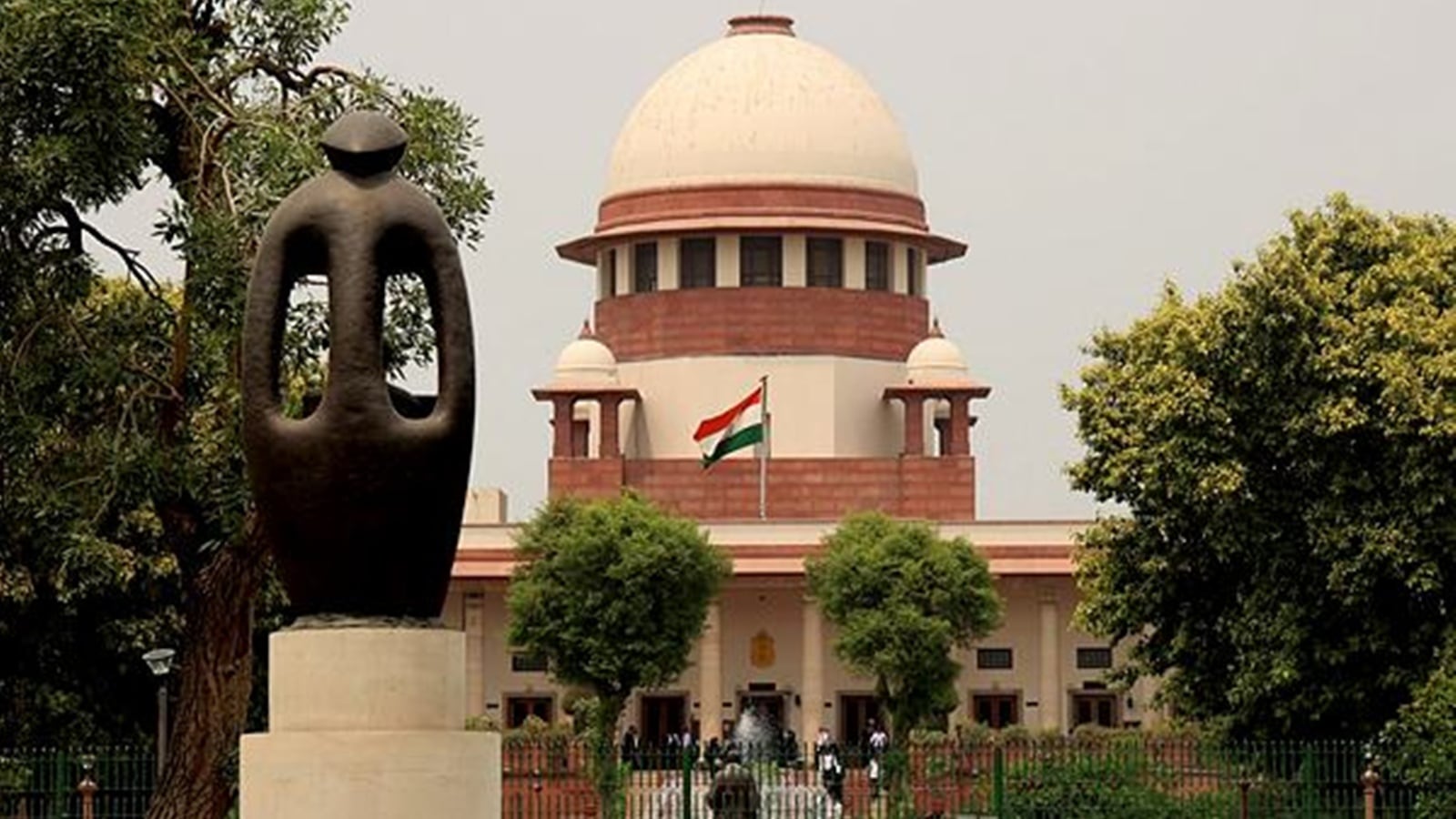 |
|
The Supreme Court of India issued a significant directive on Tuesday, instructing the Election Commission of India (ECI) to refrain from deleting data from Electronic Voting Machines (EVMs) during the verification process. This order stems from a plea filed by the Association for Democratic Reforms (ADR), an NGO, which argued that the ECI's current verification procedures deviate from a previous Supreme Court ruling in April 2024. The April 2024 judgment granted candidates holding the second and third positions in elections the right to have the burnt memory and microcontroller of 5% of EVMs per Assembly segment verified by EVM manufacturer engineers. This verification was to take place post-result announcement upon written request and at a cost determined by the ECI. The ADR's contention centers on the ECI's reliance on mock polls for verification, falling short of a comprehensive examination of EVM software and hardware to detect potential manipulation. The NGO’s legal representatives, including advocate Prashant Bhushan, emphasized the need for a thorough assessment to ensure the integrity of the electoral process and the reliability of the voting machines.
The Supreme Court bench, comprising Chief Justice Sanjiv Khanna and Justice Dipankar Datta, clarified its intentions behind the April 2024 order. The court's aim, it emphasized, was not to disrupt the counting process, but to provide a mechanism for verification if doubts arose. The verification should involve an engineer from the EVM manufacturer examining the machine without altering or reloading any data. Chief Justice Khanna explicitly stated that the intention was to allow engineers to certify, in their presence, the absence of tampering with the burnt memory or microchips. The court expressed concern about the ECI’s practice of erasing data during the reloading process, questioning the necessity of such action. The high court's position strongly suggests that a simple verification process, free of data manipulation, was the intended goal of the April 2024 ruling. The court's concern over the deletion of data highlights the importance it places on maintaining the integrity of the election results and ensuring public trust in the electoral system.
The hearing also addressed concerns about the high cost of verification, currently set at Rs 40,000. The Supreme Court directed the ECI to reduce this fee, indicating that the current cost is excessive and potentially prohibitive for candidates seeking verification. The court’s response highlights its commitment to ensuring the accessibility of the verification process, making it less financially burdensome for those who wish to utilize this mechanism to scrutinize election results. Senior advocate Maninder Singh, representing the ECI, was instructed to file an affidavit detailing the existing EVM verification process. The court imposed a temporary moratorium on any data modification or correction, pending the submission of the affidavit. The matter will be heard again on March 3, providing the ECI with an opportunity to address the court's concerns and clarify its procedures. The ECI's response and the court's subsequent ruling will be crucial in determining the future course of EVM verification procedures and ensuring transparency and trust in India's electoral system.
This case underscores the importance of transparency and accountability in electoral processes. The Supreme Court’s strong stance on data preservation indicates a commitment to ensuring the integrity of the election results and maintaining public confidence. The high cost of verification has been a matter of concern for various parties involved, and the court's decision to mandate a reduction is a positive step towards ensuring that this mechanism is accessible to all. The court’s emphasis on a simple verification process that avoids data modification underscores the paramount importance of preserving original election data for scrutiny and maintaining transparency in the electoral system. The ongoing legal battle highlights the ongoing debate surrounding EVM security and the need for robust and independent verification mechanisms to maintain public trust in democratic processes. The ECI's response to the court's directives will play a key role in determining the future of EVM verification and its impact on electoral integrity in India.
Source: ‘Don’t erase data’: Supreme Court to Election Commission in EVM verification plea
